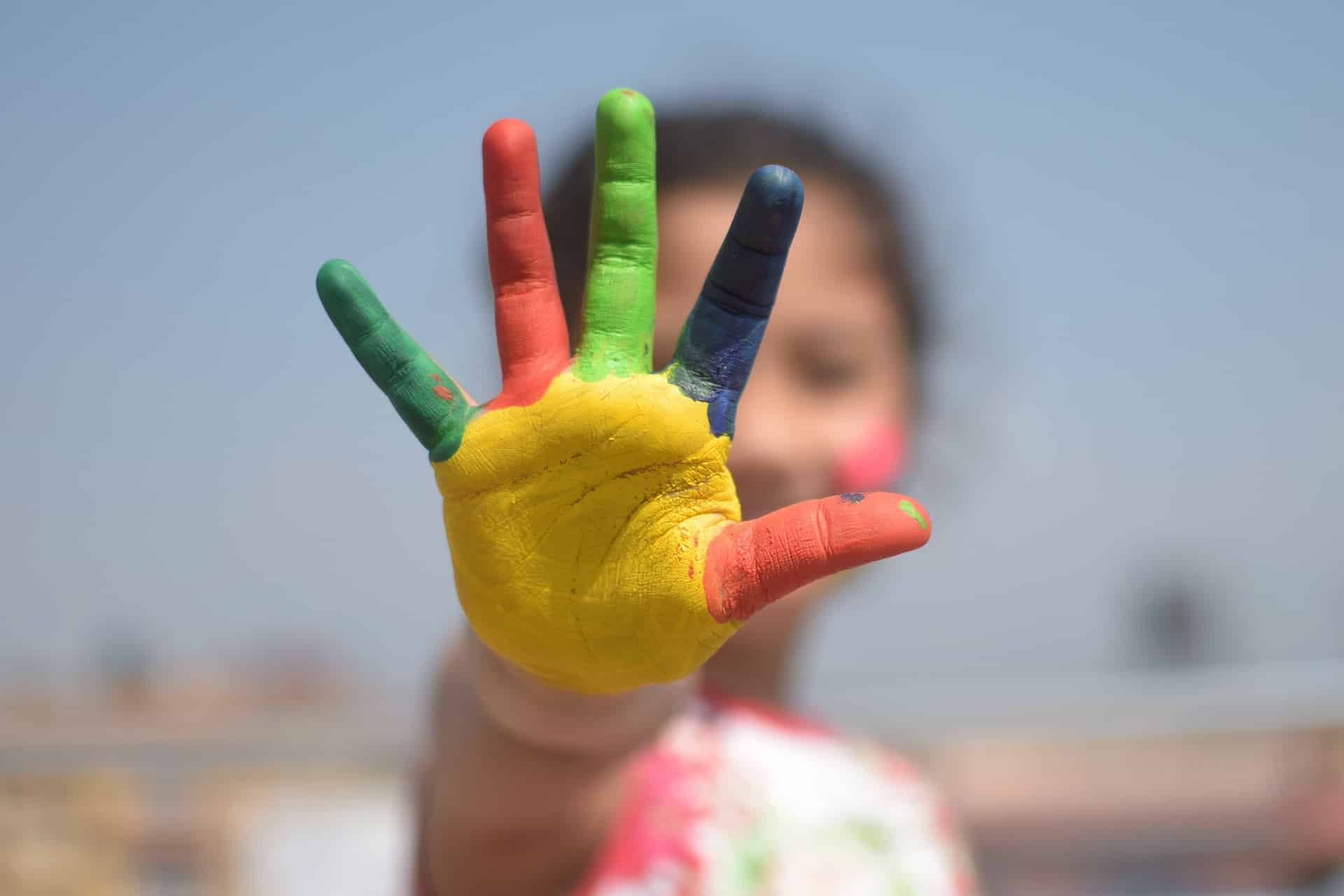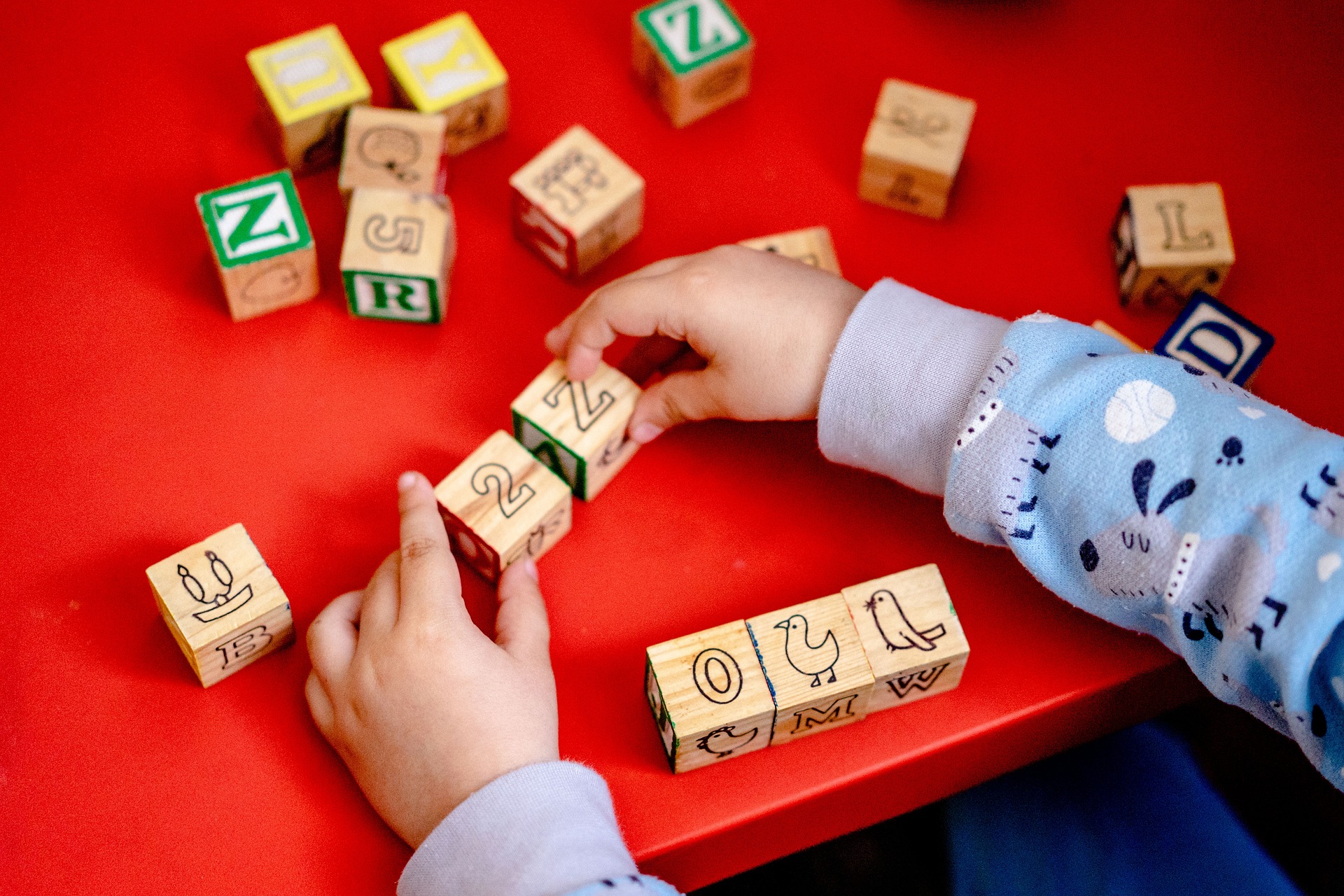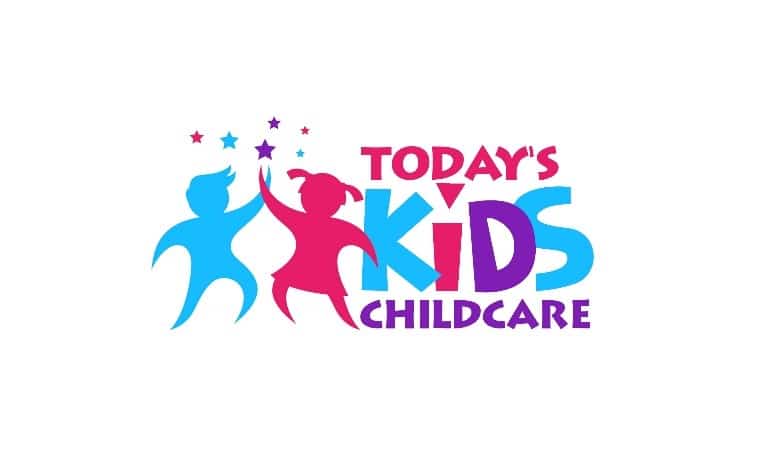Playful learning is an educational approach that combines the power of play with intentional learning experiences to promote children’s cognitive, social, emotional, and physical development.
It is a scientifically supported approach to early childhood education that recognizes the importance of play in the learning process. Here are some key concepts from the science of playful learning:
The Science of Playful Learning
- Neuroplasticity
Playful learning takes advantage of the brain’s ability to change and adapt through neuroplasticity. Play activates multiple regions of the brain, including those involved in sensory processing, motor skills, language development, problem-solving, creativity, and social interaction, leading to enhanced cognitive development.
- Active Engagement
Playful learning promotes active engagement, where children are actively involved in the learning process through hands-on, experiential, and open-ended play activities. Active engagement allows children to explore, experiment, make decisions, and learn from their own experiences, fostering critical thinking and problem-solving skills.

- Social-Emotional Development
Playful learning promotes social-emotional development by providing opportunities for children to develop social skills, such as communication, cooperation, empathy, self-regulation, and emotional resilience. Play also allows children to express their emotions, develop a sense of identity, and build positive relationships with peers and adults.
- Motivation and Curiosity
Playful learning capitalizes on children’s natural curiosity and intrinsic motivation to learn. Play activities are designed to be enjoyable, interesting, and meaningful to children, which increases their motivation to engage in learning and promotes a positive attitude toward learning.
- Creativity and Imagination
Playful learning fosters creativity and imagination, allowing children to explore their own ideas, generate new possibilities, and express themselves in a non-linear and imaginative way. Play provides a safe space for children to take risks, experiment with different solutions, and think outside the box, which enhances their creative thinking skills.

- Authentic Learning
Playful learning promotes authentic learning experiences that are relevant, meaningful, and connected to children’s interests and experiences. Play activities are often based on real-world scenarios, problems, or challenges, which allows children to make connections to their own lives and develop a deeper understanding of the world around them.
- Flexibility and Adaptability
Playful learning encourages flexibility and adaptability, as play activities can be adjusted and personalized to meet the individual needs, interests, and abilities of each child. This promotes a learner-centered approach, where children have agency and ownership over their own learning process and can progress at their own pace.
The science of playful learning is supported by research from fields such as developmental psychology, cognitive neuroscience, education, and play studies, and highlights the importance of play in children’s holistic development.
By integrating intentional learning experiences into play, playful learning provides a powerful and effective approach to early childhood education that nurtures children’s cognitive, social, emotional, and physical growth.
